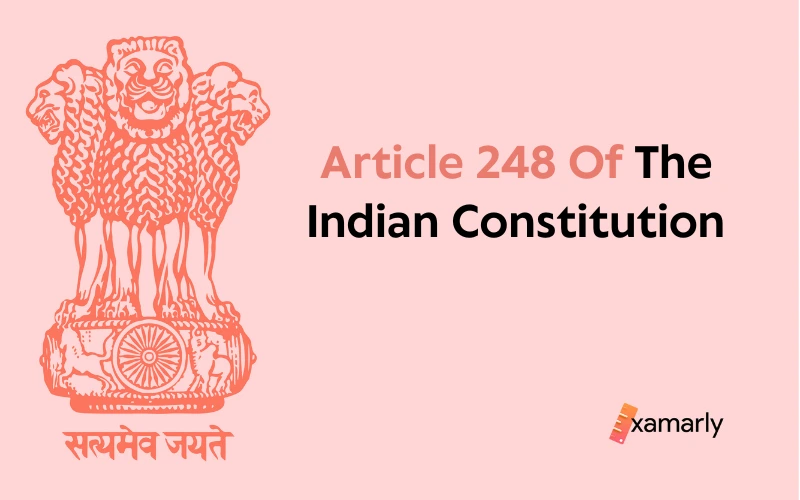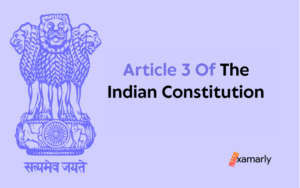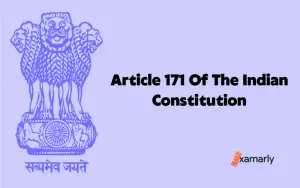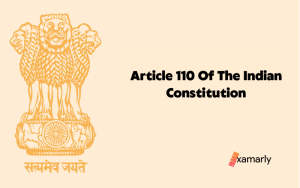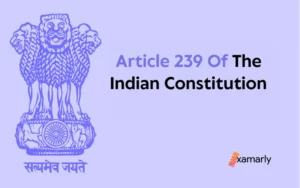The residuary powers of legislation are covered under the provisions of Article 248 of the Indian Constitution.
This Article is contained in Part XI of the Constitution of India. This Part centers around “Relations between the Union and the States”
Article 248 Of The Indian Constitution
The provisions of Article 248 of the Indian Constitution cover the residuary powers of legislation. Its provisions are as follows:
- In accordance with article 246A, Parliament has the exclusive power to enact laws pertaining to any subject not included by the Concurrent List or State List.
- This authority includes the ability to enact laws imposing taxes not included in either of those Lists.
Which Amendment Amended Article 248?
On September 16, 2016, the 101st amendment of the Constitution of India amended Article 248. The said amendment amended Clause 1 of Article 248. The modification brought the power granted to Parliament by Article 248 under the purview of the provisions of Article 246A.
Winding UP
The 101st amendment to the Indian Constitution effectively makes the power of Parliament subject to Article 246A.
To put it another way, the residuary power of Parliament will not have any impact on the authority of the state to impose a Goods and Services Tax in accordance with Article 246A.
FAQs
What Is Article 248?
According to Article 248, only Parliament has the power to create laws on topics not covered by the Concurrent List or the State List. This authority will include the power to enact any law that imposes a tax that is not specifically called out in either of those Lists.
What Is Article 246A Of The Indian Constitution?
The authority to apply GST (Goods And Service Tax) is described in Article 246A.
What Is A Subject List?
Subjects on which only State Legislatures have the authority to enact legislation are listed in the State List.
What Is A Concurrent List?
The Concurrent List is a list of topics for which both the Parliament and the State legislatures have the authority to enact laws.
What Does Residuary Power Means?
A residuary power is a power that a government authority keeps after giving some of its existing powers to other authorities. The distribution of authority by the government is based on three lists. the Union List, the State List, and the Concurrent List.


